With less than 5 weeks to go to my 50K World Record attempt, I want to talk about how we set and chase goals, and what to do when we reach – or don’t reach – them in the end. Whether you’re trying to run your first 5K, hoping to make the Olympic Team, or just trying to be a better friend, I’ve learned a few things over the last decade of running that I hope might help.
Setting the Bar
Goal-setting has proven to be instrumental in my running career – and really my life as a whole. When I was just a scrawny, shaggy-haired high school senior, I discovered that I wanted to become a better runner. I wasn’t “talented” by traditional definitions (i.e. I wasn’t running super-fast times in XC or track), but my coach instilled in me the idea of focusing on self-improvement (as opposed to standards relative to the rest of the world). This idea implanted itself in my brain, and even now, more than a decade later, I still try to focus on improving myself bit by bit instead of trying to measure up to the achievements of others.
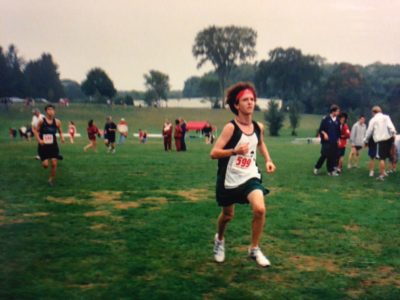
Big fro, big singlet, big dreams
So, for me, chasing a goal has become an immensely personal prospect. Each goal needs to make sense for me and I have to believe that I can attain them. I wouldn’t set a goal of becoming an NFL linebacker and I probably wouldn’t recommend that an NFL linebacker try to qualify for the Olympic Trials Marathon; these are too far afield. At the moment, making a US Olympic Team is a lofty aspiration, but by the time that 2020 rolls around, who knows where I’ll be? I’m just taking my running aspirations one season at a time, one week at a time, one step at a time.
Setting incremental goals allows me to break up my ‘pipedream’ goals – say qualifying for the Olympic Team or setting a World Record – into more manageable milestones. Once we have these milestone goals, we can break them down into even smaller checkpoints. Whatever your goal may be, you can work backwards from that performance and make a series of checkpoints for the things you need to do before that goal is realistic. If you want to finish a marathon, you know you’ll need to run 26.2 miles on race day, so what do you need to do first? Probably run at least 20 miles in training. And to do that? Probably run 18 miles. Keep working backwards until you get to something that seems manageable and that’s where you start.
Staying on Task
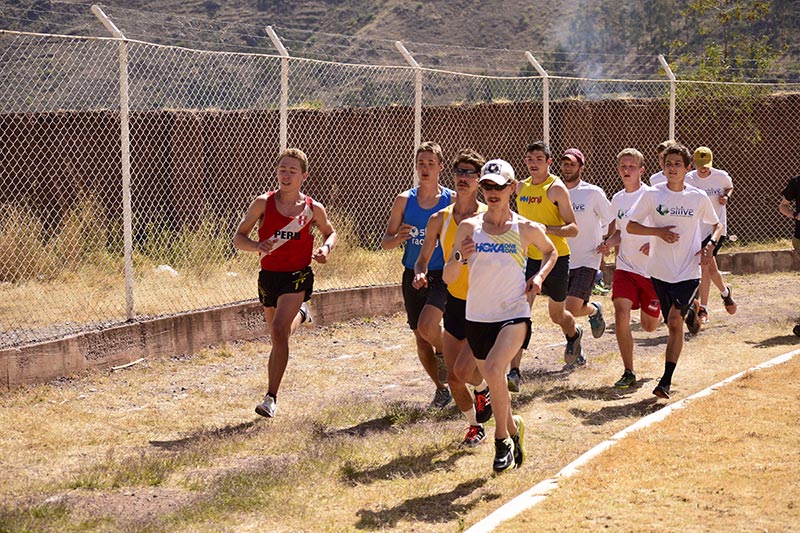
Conversely, if you do go out and for a race or workout and things go poorly, our friends are there to help us stay level-headed and grounded. We all have off-days where things just don’t click for whatever reason. What makes you strong is not letting those bad days get you down, but taking any lessons from them and moving along. A third party is always going to be the best person to remind us of this.
It’s also important to think critically about the progress you’ve made towards your goals, and don’t be afraid to re-adjust your goals if necessary. If those stepping-stone goals aren’t happening, it’s not the end of the world to change the plan, either pushing the goal back or adjusting it. Think of it more as postponing or redefining your goal, not giving up.
End Game
If you fall short of a goal, it’s okay! Failure to achieve something is never entirely a bad thing unless we don’t learn anything. Whenever I find myself disappointed by anything I’ve done – on the roads or in life – I try to reflect on the process that brought me there, see where I might be able to improve it next time, and get back after it.
If you do reach your goal, great! Enjoy the moment of accomplishment – don’t forget; that’s important! But afterward, think about what’s next.
For me, self-improvement is a lifelong journey, and I always strive to be better than I was yesterday or last year. Get back out there, take one more step forward, and see where it takes you.
What do you think?
My question for you readers – What are your goals right now? Do you have big goals that seem impossible now? Smaller goals that should be attainable? And how do you keep yourself motivated in the day to day pursuit of these goals?
Leave a comment here on the blog (below) or on Facebook, and I’ll reply as soon as I can!


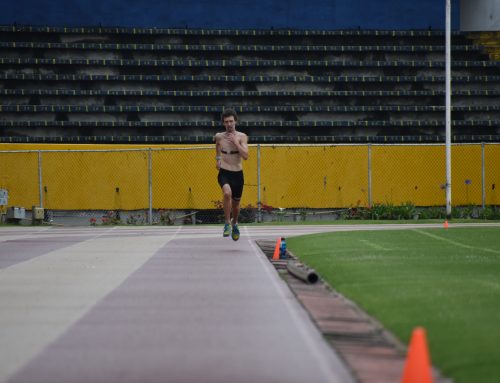
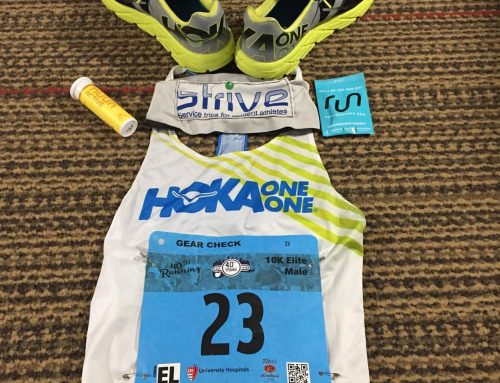
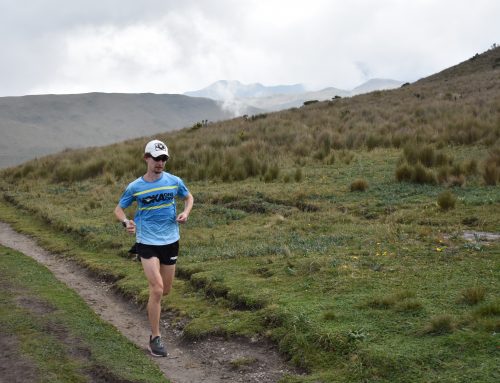
Leave A Comment